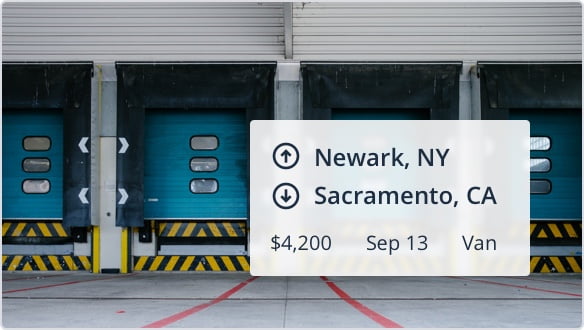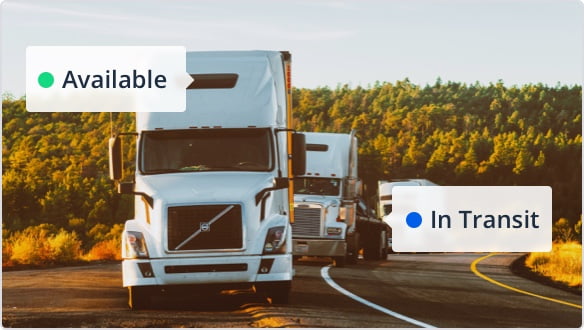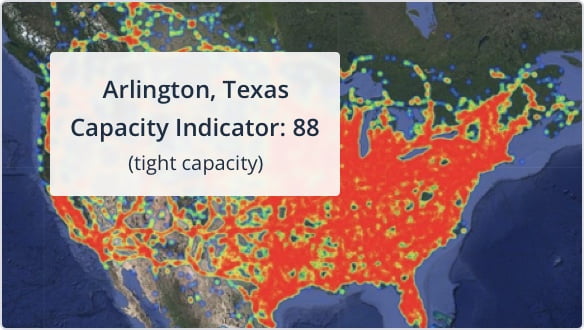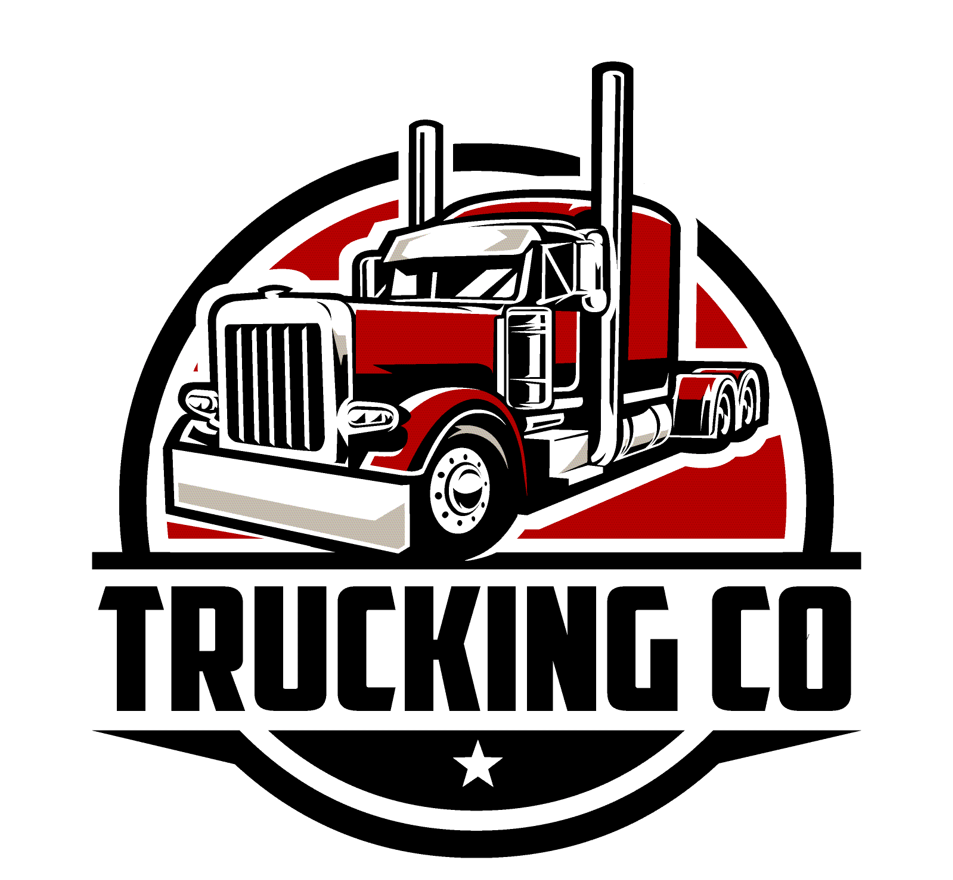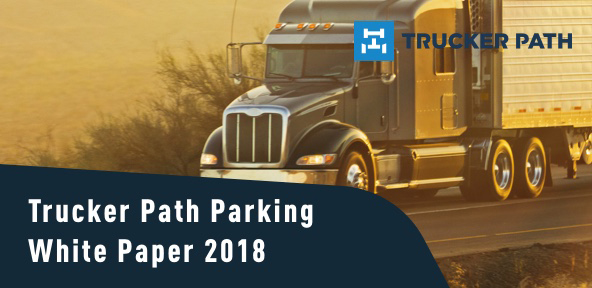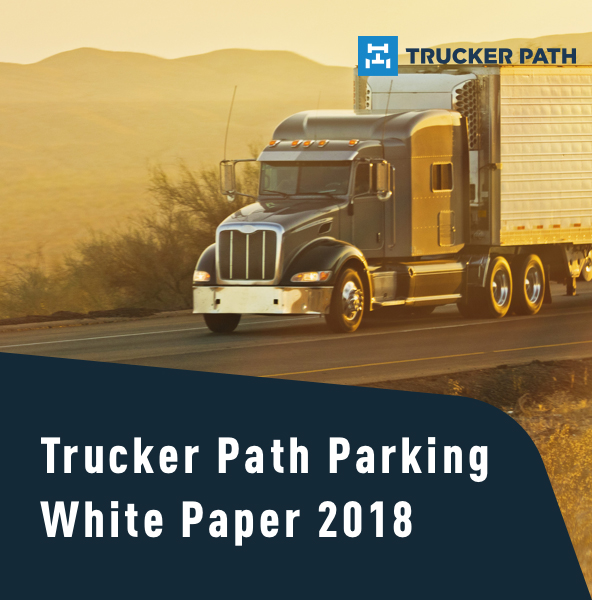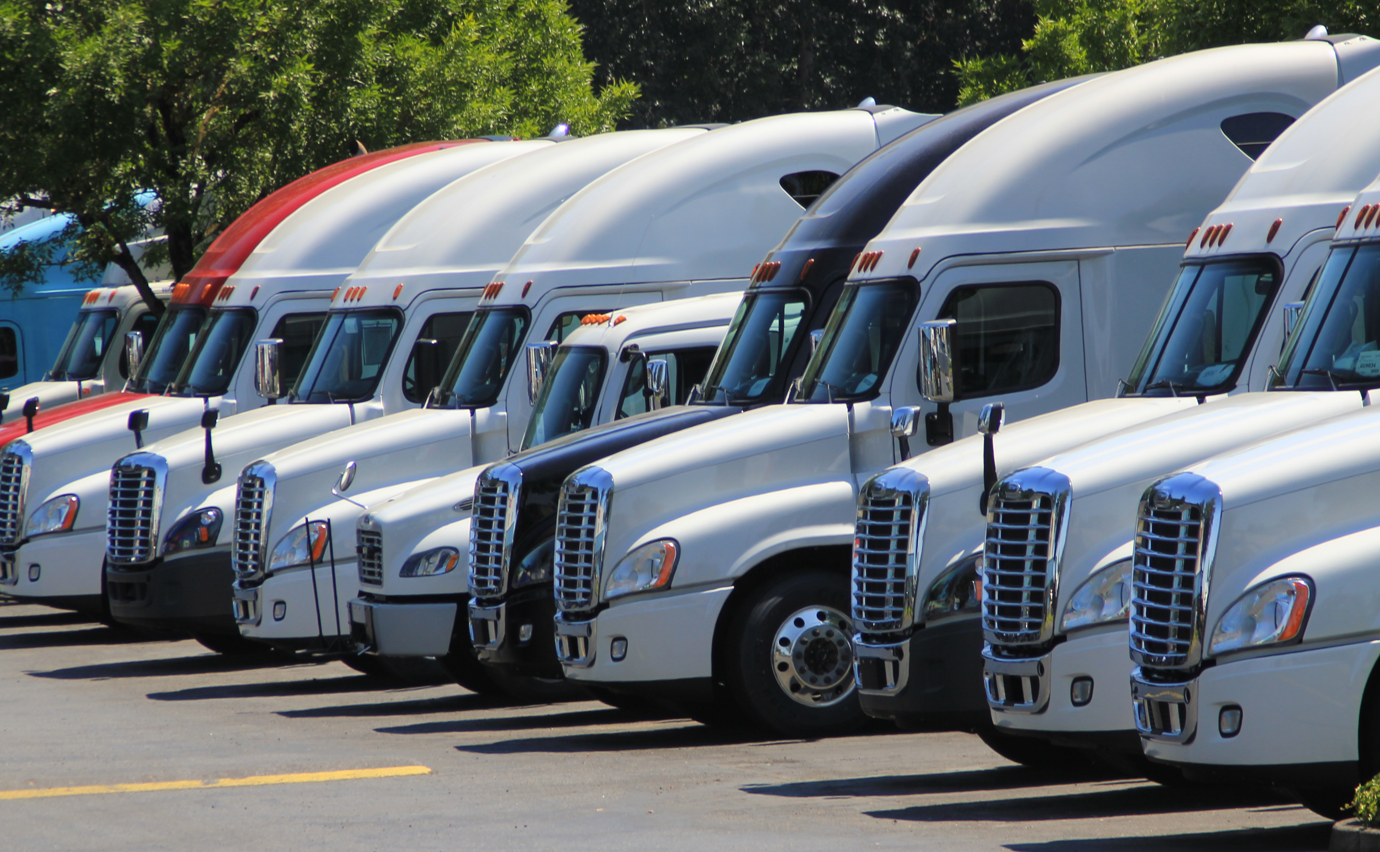Starting a new business is a challenge that entrepreneurs face every day around the world. Starting your own trucking business has some unique challenges but can prove to be a thrilling experience. Here are five essential commitments to make to yourself when launching your own trucking company.
1. Commit to researching the trucking industry:
Before jumping into the trucking business as an owner-operator, it’s crucial to conduct thorough research. This includes studying the trucking market, how to find customers, understanding the regulations and requirements set forth by the Federal Motor Carrier Safety Administration (FMCSA),researching all of the costs like insurance and fuel, and identifying potential competition. By researching the industry, you can make informed decisions and set realistic goals for your business.
2. Commit to developing a comprehensive business plan:
A solid business plan for a startup is crucial for any small business, including a trucking company. Your trucking business plan should include your mission, goals, target market, and strategies for growth. It should also outline your financial projections and potential risks. By creating a detailed business plan, you can guide your business decisions and attract potential lenders or investors. You need to know how much you need to make to cover your fixed costs each month, as well as how many miles you will need to run in order to make that amount with current market rates. You also need to be able to cover your costs in a down market, because if you can’t survive when rates are down, your business will eventually fail.
3. Commit to finding reliable partners:
Building relationships with dependable partners in the industry can help your trucking business maintain good cash flow, like a factoring company. This also includes developing a network of shippers and freight brokers to ensure consistent business. Additionally, partnering with a reputable insurance provider to protect your assets and liabilities is critical. Consider joining trucking associations to stay informed on industry news and regulations.
4. Commit to securing financing:
Starting a trucking business requires significant financial investment. In addition to the costs of purchasing or leasing commercial trucks, insurance coverage, and fuel costs, there are also fees associated with obtaining licenses and permits. Consider securing truck financing through traditional lending institutions like banks or credit unions or exploring alternative options such as factoring or online lenders.
5. Commit to staying focused and organized:
Successfully running a trucking business requires focus and organization. One way to achieve this is by utilizing technology, such as load boards and route planning tools, to optimize efficiency and increase profits. Staying up-to-date on regulatory compliance and maintaining accurate records is also crucial. Additionally, fostering strong communication and relationships with drivers and team members can ensure smooth operations.
Starting a trucking business requires careful planning and execution. It’s important to consider startup costs, trucking insurance, and initial operating costs to establish a successful business. Thorough research and a comprehensive business plan can also help set your business up for success. Partnering with reliable organizations and securing financing are also key factors to consider.
It’s important to take care of all the necessary tasks to get your trucking business up and running. One of the first steps is to obtain a Commercial Driver’s License (CDL) if you plan on driving your own trucks. This will require passing certain tests and meeting specific requirements.
You’ll also need to register for the International Fuel Tax Agreement (IFTA) and International Registration Plan (IRP) if you plan on operating in multiple states. These programs help simplify fuel reporting and vehicle registration for interstate carriers.
Obtaining a US DOT Number and or a Motor Carrier Number from the Department of Transportation is also necessary for your trucking business. This unique identifier is required for certain commercial motor vehicles and carriers operating in the United States.
Securing liability and cargo insurance is another important step. These types of insurance can protect you financially in case of accidents or damage to goods in transit.
Registering for Commercial Vehicle Use Tax and FMCSA renewals is also required for certain types of vehicles and carriers. And don’t forget to obtain all necessary business licenses and set up a business bank account.
By taking care of all these tasks and paying close attention to detail, you can successfully start and run a thriving trucking business.

